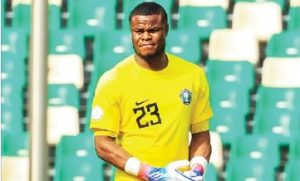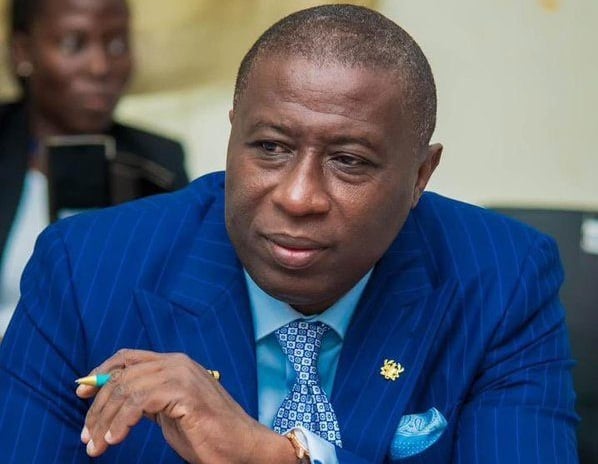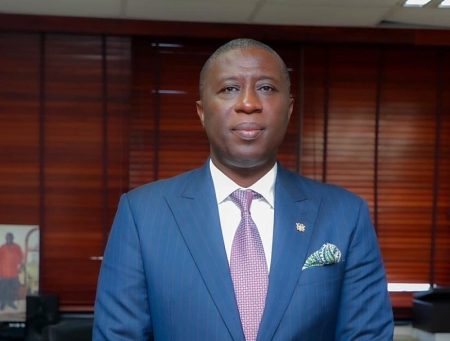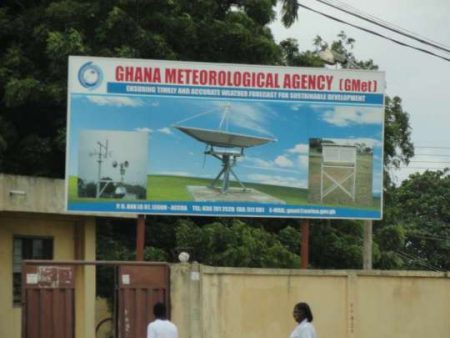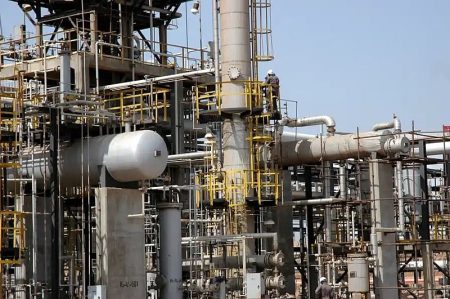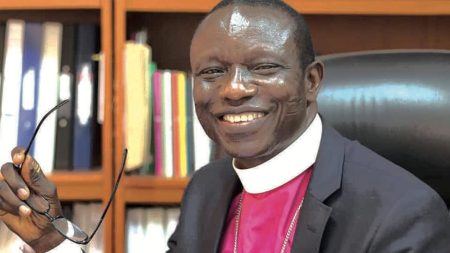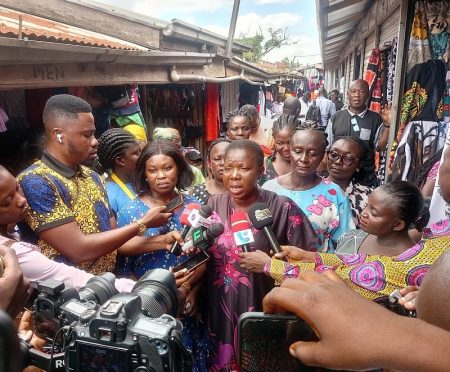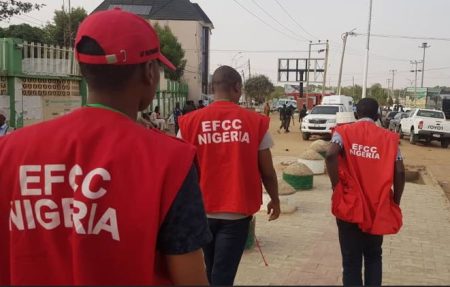Patrick Yaw Boamah, the Member of Parliament for Okaikwei Central, offered a candid analysis of the New Patriotic Party’s (NPP) defeat in the 2024 general elections, attributing the outcome to the heightened political awareness and discernment of the Ghanaian electorate. He acknowledged the challenging political landscape the NPP faced, despite his personal support for the party’s presidential candidate, Dr. Mahamudu Bawumia. Boamah asserted that the electorate demonstrated a clear understanding of their political choices, effectively conveying their preferences through the ballot box. He conceded that the prevailing circumstances and national sentiment were largely unfavorable to the NPP, making their re-election bid an uphill battle.
Boamah’s observations underscore a critical element of the 2024 elections: the Ghanaian electorate’s increasingly sophisticated political understanding. Their ability to assess the political climate and make informed decisions, independent of party affiliations, highlights a maturing democracy. This sophistication presented a significant challenge for the NPP, as public opinion seemed to have solidified against their continued leadership. While Boamah, like many within the party, had hoped for a Bawumia victory, the prevailing national mood, coupled with various contributing factors, made a win highly improbable.
The MP revealed that many within the NPP had foreseen the impending defeat. The recognition of the “headwind” facing the party, fueled by public discontent and broader national challenges, suggested an internal awareness of the difficult road to re-election. This pre-election understanding paints a picture of a party grappling with the reality of its waning popularity. Despite this internal acknowledgment, the extent of the defeat may still have surprised some within the NPP.
Highlighting his own success amidst the party’s overall defeat, Boamah attributed his constituency victory to meticulous planning and a robust vote collation strategy. His proactive approach to tracking and collating results, implementing his own system separate from the official channels, allowed him to confidently project his win by early evening on election night. This proactive approach underscores a strategic awareness and preparedness that contrasts with the apparent national misjudgment of the party’s overall standing. His success in Okaikwei Central stands as a localized triumph amidst a broader party setback, demonstrating the importance of constituency-level engagement.
Boamah’s candid reflection on the NPP’s defeat adds a crucial voice to the ongoing post-election analysis within the party. His acknowledgement of the electorate’s informed choices and the prevailing national sentiment provides valuable insight for the NPP’s future strategy. The party now faces the task of internal review and rebuilding, requiring a thorough examination of its policies, messaging, and overall approach to regain public trust and electoral viability. The 2024 election serves as a stark reminder of the evolving political landscape in Ghana and the need for parties to adapt to the changing expectations of an increasingly discerning electorate.
Looking ahead, the NPP must grapple with the lessons learned from this electoral defeat. Boamah’s insightful commentary underscores the importance of understanding the electorate’s evolving needs and expectations. The party must now embark on a period of introspection, reassessing its strategies and policies to regain the public’s confidence. This process of rebuilding will likely involve internal debates, leadership changes, and a fundamental re-evaluation of the party’s direction to effectively compete in future elections. The ability of the NPP to learn from the 2024 experience will determine its future success in the Ghanaian political landscape.


